Talk Overview
Multiple sclerosis (MS) is a debilitating autoimmune disease in which immune cells infiltrate the central nervous system and attack the myelin sheath surrounding axons. Dr. Simons explains that myelin is necessary for signal conduction by nerve cells and for the metabolic support of axons. Demyelination results in axonal loss and formation of lesions in the brain. A small percentage of MS lesions are capable of remyelination following steps similar to axonal myelination during normal development. Since lesion remyelination correlates with reduced neurodegeneration, Simons and his colleagues strive to understand why remyelination occurs in only a small number of MS patients and to identify drugs that may promote it.
MS begins as a disease of intermittent episodes with recovery in between. With time, however, MS changes to a progressive disease with increasing disability. In her talk, Dr. Stadelmann explains that studies of MS brain lesions have identified specific changes that occur with disease progression. For example, chronic MS lesions contain many fewer oligodendrocytes than do early lesions. Since oligodendrocytes produce the myelin sheath that surrounds axons, drugs that stimulate the migration and establishment of oligodendrocytes in lesions may increase axonal remyelination and improve the prognosis of MS patients. Stadelmann also explains that brain lesions can be caused by conditions other than MS, such as neuromyelitis optica. Improved studies will help to correctly diagnose and treat these distinct diseases.
Speaker Bio
Christine Stadelmann
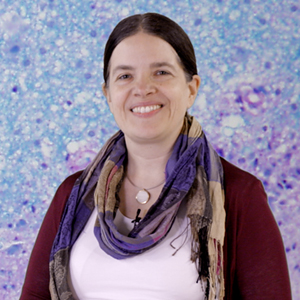
Dr. Stadelmann is a Professor and Deputy Director of the Institute for Neuropathology at the University of Göttingen Medical Center. Her studies focus on inflammatory diseases of the central nervous system including multiple sclerosis and neuromyelitis optica. She is particularly interested in understanding which pathological events correlate with disease progression. Learn more about Dr. Stadelmann’s… Continue Reading
Mikael Simons

Dr. Simons’ research focuses on developing new ways to promote remyelination of damaged axons in demyelinating diseases such as multiple sclerosis (MS). To reach this goal, his lab strives to better understand the cellular processes underlying myelin formation in normal development. Simons received his MD from the University of Heidelberg and did his residency in… Continue Reading
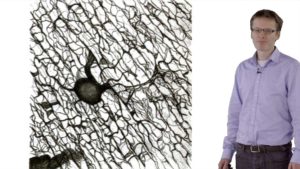
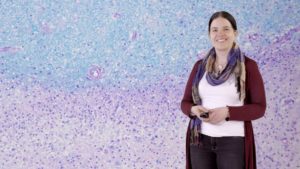
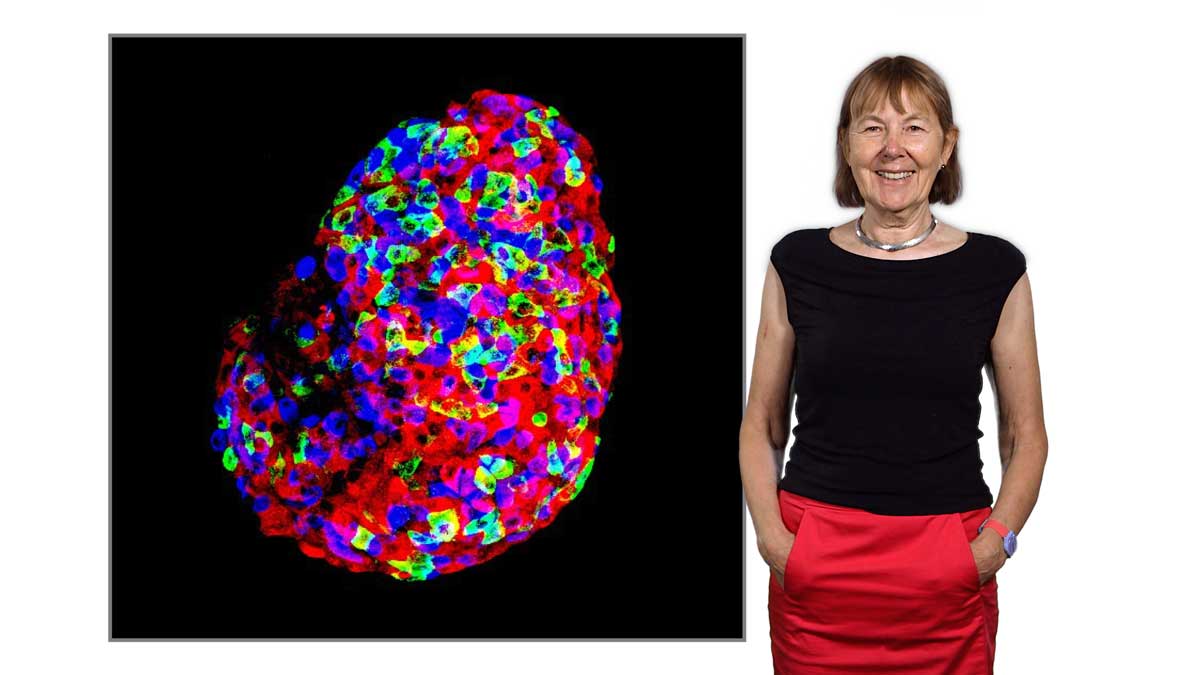
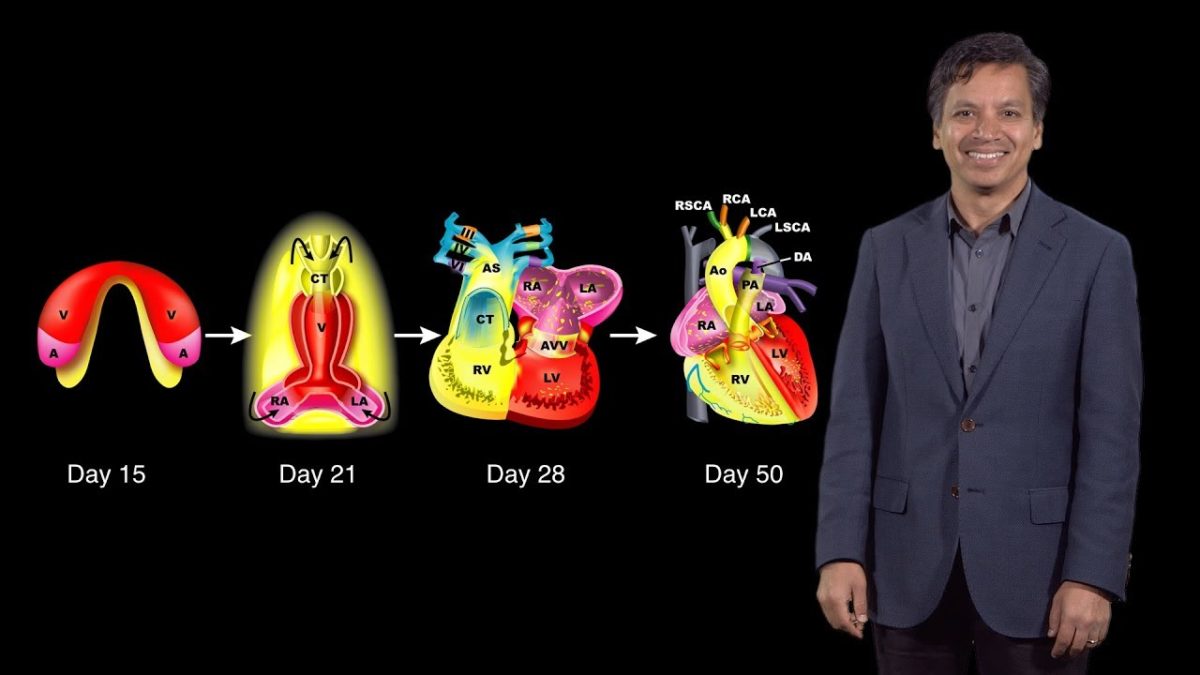
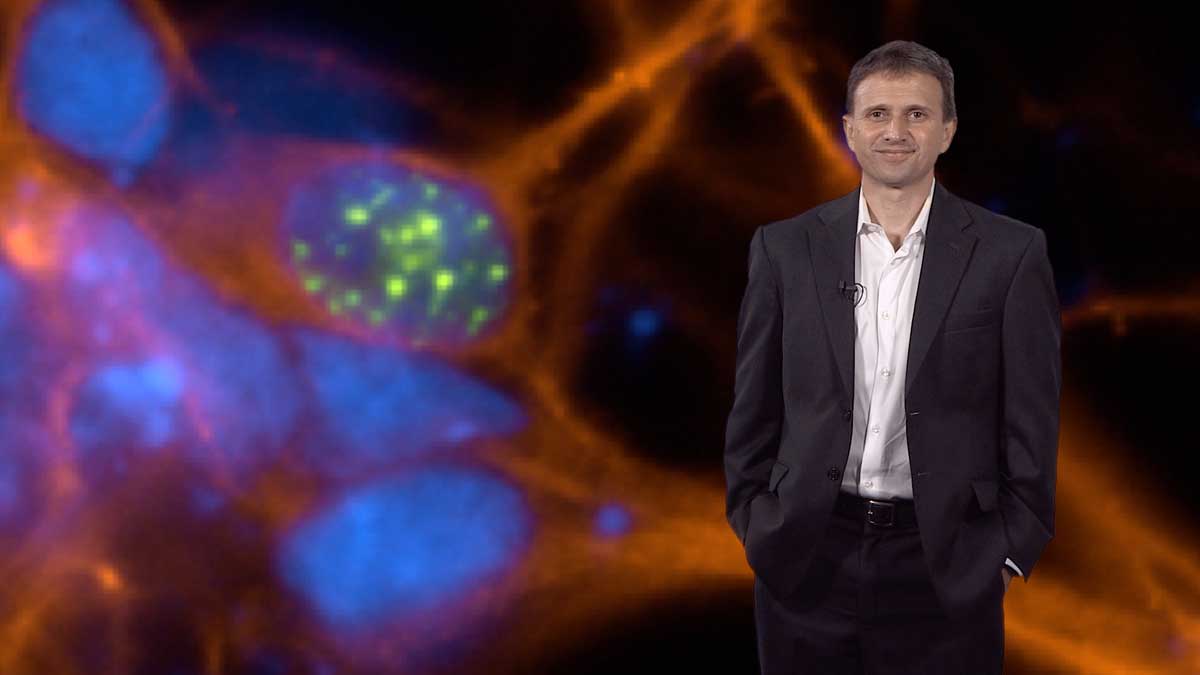
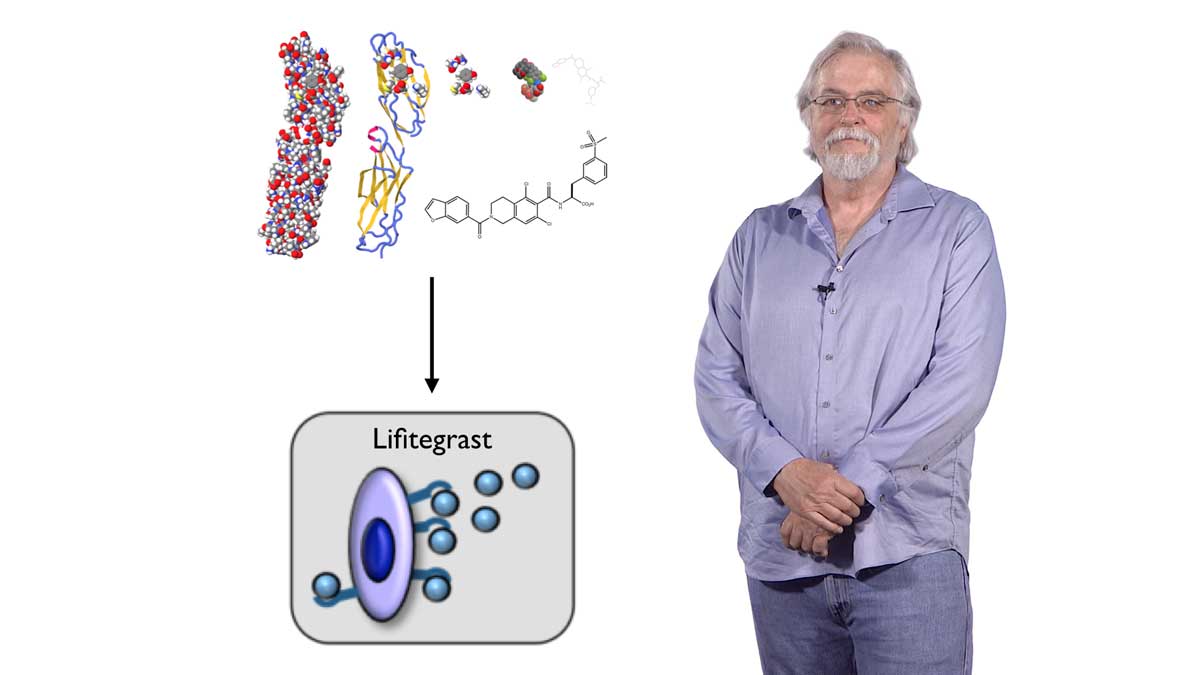




Leave a Reply